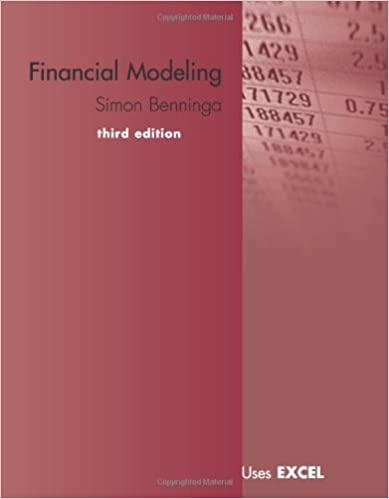Answered step by step
Verified Expert Solution
Question
1 Approved Answer
Problem 1: Bonds (10 points) Hint: You will need to use time value of money tables to complete this problem. The present value of $1
| Problem 1: Bonds (10 points) | ||||||
| Hint: You will need to use time value of money tables to complete this problem. The present value of $1 and Present Value of an Annuity tables are presented on the previous two tabs. To ensure accuracy, round the time value of money factors to 2 decimal places only. For example, if the factor is 2.57709699, round it to 2.58. | ||||||
| On January 2, 20X1, the Premuroso Company, Inc., a privately held company, issued $1,000,000, 5-year, 10% term bonds, dated January 2, 20X1. The bonds provided for semiannual interest payments to be made on June 30 and December 31 of each year. Terms of the bond indenture allowed the company to call the bonds at 102 after 1 year. The bonds were issued when the market interest rate was 8%. | ||||||
| Premuroso, Inc. uses the effective interest method for amortizing bond discounts and premiums. | ||||||
| Premuroso's fiscal year end for financial reporting purposes is December 31. | ||||||
| The company called the bonds at 102 on June 30, 20X2. | ||||||
| Calculate the present values of the principal and interest cash flows related to the bonds and the resulting bond issue price. In the Compounding period(s), Interest rate, Payment amount, and Present value columns, select from the option list provided the appropriate value. Each choice may be used once, more than once, or not at all. In the Factor column, find the appropriate time value factors in the references in the exhibits and enter those values in the appropriate cell. Then, use the spreadsheet to calculate the bond issue price in the Present value column based on your entries. | ||||||
| Summary of Facts: | ||||||
| Face of Bonds | $1,000,000 | |||||
| Stated Rate of Interest | 10% | per year | ||||
| Market Rate of Interest | 8% | per year | ||||
| Term of Bonds | 5 | years | ||||
| Part A) Compute the price of the bonds using formulas embedded into the cells of the table below. | ||||||
| # of Compounding Periods | Effective Interest Rate per Period (%) | Payment Amount | Which TVM Table? (Select from Dropdown box) | Time Value of Money Factor (Round to 2 decimal places) | Present Value | |
| Face of the Bonds | ||||||
| Periodic Interest Payments | ||||||
| Price of the Bonds = | ||||||
| Part B) Prepare the journal entry for the issuance of the bonds. | ||||||
| Bonds issuance: | ||||||
| Accounts | Debits | Credits | ||||
| 1/2/20X1 | ||||||
| Part C) Prepare a bond amortization table using the effective interest method. | ||||||
| Effective Interest Method of Amortizing the Bond Premium | ||||||
| Date | Interest Payment | Interest Expense | Amortization of Bond Premium | Bond Premium | Bonds Payable | Book Value |
| January 2, 20X1 | ||||||
| 6/30/X1 | ||||||
| 12/31/X1 | ||||||
| 6/30/X2 | ||||||
| 12/31/X2 | ||||||
| 6/30/X3 | ||||||
| 12/30X3 | ||||||
| 6/30/X4 | ||||||
| 12/31/X4 | ||||||
| 6/30/X5 | ||||||
| 12/31/X5 | ||||||
| 1/1/X6 | ||||||
| Part D) Prepare the June 30, 20X4 journal entry by referencing cells in the amortization table you created in #2 above. | ||||||
| Account | Debits | Credits | ||||
| Part E) In your own words, describe why the FASB prefers the effective interest method of amortizing the bond premium. Provide the FASB Codification number that supports your opinion. | ||||||
Step by Step Solution
There are 3 Steps involved in it
Step: 1

Get Instant Access to Expert-Tailored Solutions
See step-by-step solutions with expert insights and AI powered tools for academic success
Step: 2

Step: 3

Ace Your Homework with AI
Get the answers you need in no time with our AI-driven, step-by-step assistance
Get Started


